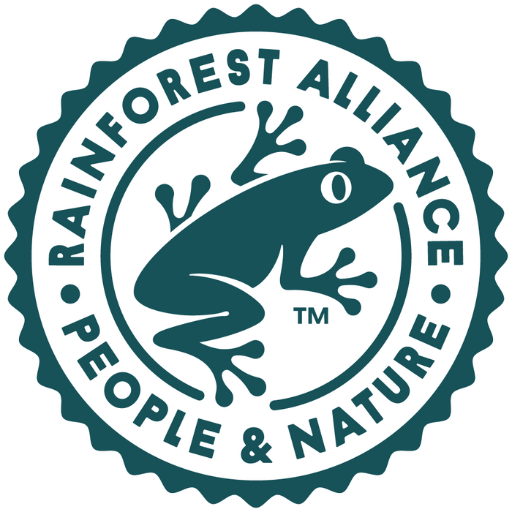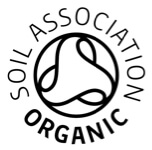COFFEE MARKET NEWS Week Ending: 04th Mar 2016
|
|
29thFeb |
01thMar |
02ndMar |
03rd Mar |
04thMar |
|
NYC |
115.05 |
114.75 |
115.55 |
117.85 |
121.05 |
|
LIFFE |
1413 |
1377 |
1391 |
1394 |
1393 |
|
GBP/USD |
1.3904 |
1.3967 |
1.4072 |
1.4149 |
1.4210 |
Fun coffee fact of the day: Donald Trump claims he has never had a cup of coffee ‘“I’ve never taken drugs of any kind, never had a glass of alcohol. Never had a cigarette, never had a cup of coffee.”
NYC:
On Friday Arabica futures closed 320 points higher than on Thursday, boosted by a corruption investigation which saw a rally in the Brazilian Real. The corruption investigation led to the detention of the country’s former President, Luiz Inacio Lula da Silva and there is speculation that the current President, Rousseff, could also be impeached. The stronger Brazilian Real, which rose more than 2% on Friday, discouraged sales as producers receive less money for the dollar traded commodity.
LIFFE:
Robusta futures closed with little change on Friday, with contracts sandwiched between overhead origin pressure and underlying speculative support. The May contract eased $1 to settle at $1,393/tonne on Friday, after an intraday range of $1,385-1,405/tonne. The close meant a gain of 2% on the week, given the previous Friday’s settlement price of $1,366/tonne.
Currency:
GBP/EUR:
Sterling Euro has bounced aggressively from the 1.2600 lows seen in mid-February touching 1.3000 on an inter-bank level earlier last week. The market had been incredibly oversold on the back of renewed fears that Britain would vote to leave the Eurozone. Traders are beginning to re-price that risk although at the moment the current move is simply a correction rather than a change in sentiment. Fears were expressed in many quarters that the Eurozone’s fragile recovery could slip into stagnation.
GBP/USD:
The Pound has gained ground over the Dollar during the course of the week as traders pare back bets that the Pound will lose ground if British voters decided to leave the European Union. The recent drop had looked a little overstretched particularly as we are still 4 months away from the referendum.
Origin News:
Brazil:
All quiet in Brazil. Producers are keeping back their coffee waiting for better prices to sell. Good weather conditions with the right amount of rain in key Arabica producing areas continues, as does the dry conditions in the Robusta producing regions.
Guatemala:
It’s estimated that the harvest is 95% complete, with the final picking occurring in the high altitude regions. The National Weather Institute has found that El Niño is still affecting weather, with less rain and increasing temperatures countrywide, set to continue till the end of May. Producers are conducting maintenance work in the nursery to start planting new coffee trees before the rainy season begins. Export data is strong, with the latest data from the Guatemala National Coffee Association (Anacafe) showing that coffee exports in February totalled 315,037 bags, up from the 254,509 bags exported in the same month last year.
Honduras:
Honduras has seen good weather during the harvest period. It’s estimated that 85% of the crop has been harvested so far. It’s forecasted that total production will be around 5.6-6 million bags. Our head trader Santiago is out there at the moment, so look out for a more detailed report over the coming weeks!
Vietnam:
Vietnam’s largest exporter, Intimex, says that coffee exports may fall to the lowest in 6 years given that farmers appear to be holding back for higher prices, say local business reports. Shipments in calendar year 2016 are projected at 1.1-1.2 million tonnes (18.3-20.0 million bags), which would be the lowest since 2010. Total 2015/16 (Oct/Sep) Vietnamese production will not be more than last season’s 1.5 million tonnes (25.0 million bags), says Intimex, and the 2016/17 harvest will continue to be limited because low prices have meant reduced replanting and replacement of old coffee trees with pepper or fruit crops.
In other news:
El Niño update. El Niño is often associated with floods on the west coast of South America, drought in Far East Asia and parts of Australia, wetter than normal conditions in the south of Brazil and Argentina, dry weather in Colombia and Central America, wetter than normal on the US West Coast and a milder than normal winter in the Northern Hemisphere. According to the latest report issued by the Australian Bureau of Meteorology, the2015–16 El Niño is now at moderate levels, and is likely to end in the second quarter of 2016. That said, in the short term, fluctuations in weather patterns are set to continue, especially during the southern tropical cyclone season.
Slave labour in Brazil? A new research report by DanWatch has revealed that there is a possibility that coffee has been produced on some Brazilian farms, where slave like conditions exist, and that this coffee may have ended up in Nestle and Douwe Egberts products. Nestlé and Jacobs Douwe Egberts corporations together account for about 40 % of the global coffee market, says the report. It states “Jacobs Douwe Egberts admits that it is possible that coffee from plantations with poor labour conditions ended up in their products, and coffee giant Nestlé acknowledges having purchased coffee from two plantations where authorities freed workers from conditions analogous to slavery in 2015.”









